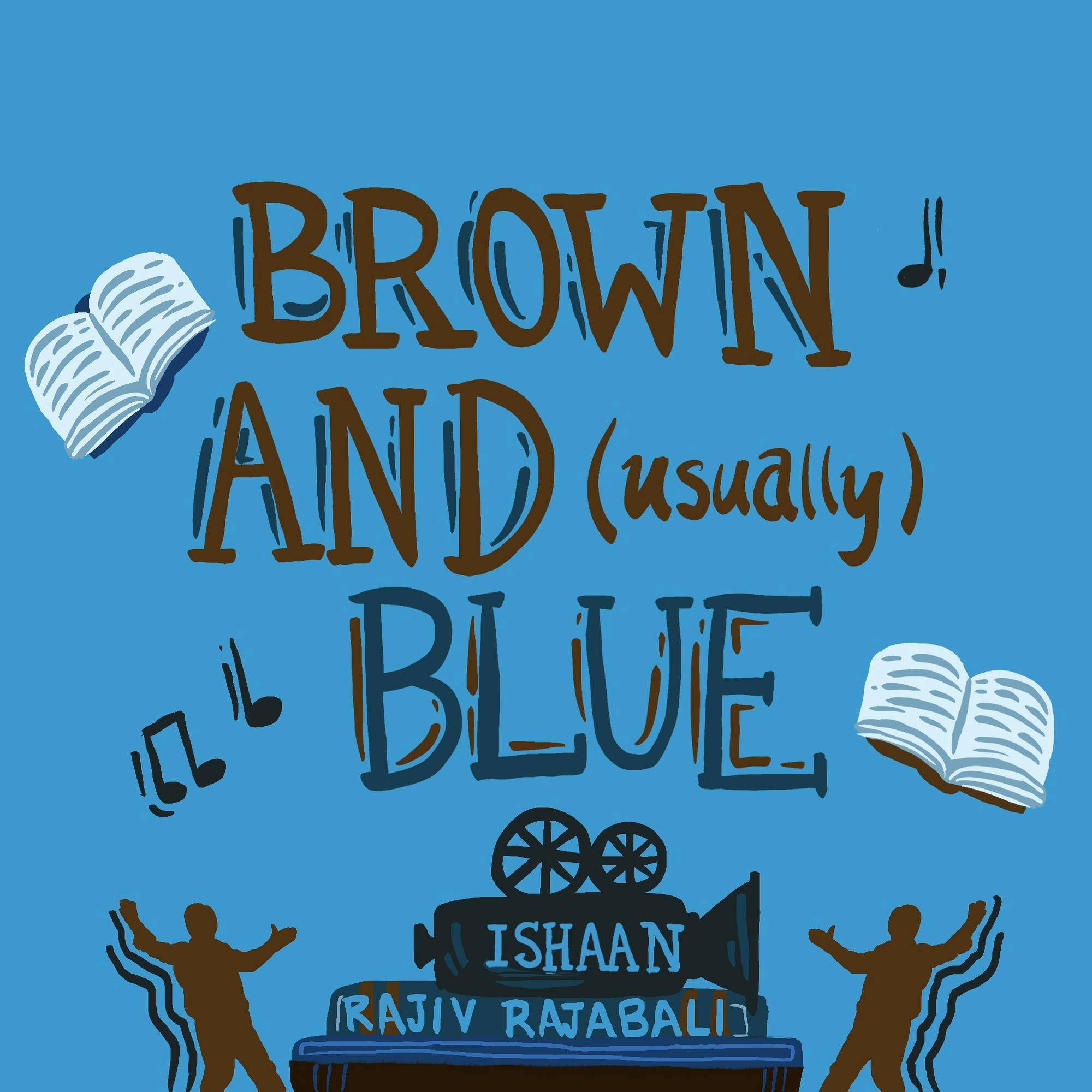If you came across Mira Nair’s modestly wholesome Instagram account in this age of social media, you’d be surprised to learn about the pathbreaking director behind the account “pagliji,” literally meaning ‘crazy lady.’ Her bio reads “film and theater director,” but her filmography? That is dreams, love, madness and more.
“Salaam Bombay!” (1988), or “Hello Bombay,” was Mira Nair’s directorial film debut, setting a high standard for what has time and again proved to be an impressive career. It provides viewers with a heartfelt look into the lives of the children of Bombay’s slums through the eyes of Krishna (Shafiq Syed), the film’s protagonist. The innocence of the film’s adolescents is put in stark contrast to its gritty setting and unforgiving adults, most notably the villainous Baba (Nana Patekar). Krishna grapples with budding attraction, betrayal and social abandonment, trying to survive in a world constantly at odds with him. He navigates this world with a delicate balance of naivete and shrewdness, unabashedly singing along to a Bollywood song in a theater at one moment, participating in a robbery (in a sublimely comic scene) the next. Cinematographer Sandi Sissel’s gripping shots and Nair’s direction further emphasize the contradictions of the “maximum city,” sans any exoticism. By the time the heartbreaking climax descends upon viewers, you have already understood the shackles that class places on the protagonist’s universal dreams. With a brilliant cast, a hard-hitting script and compelling music, scored by classical violinist L. Subramaniam, it’s no wonder this movie became the second Indian production to ever receive a nomination for Best Foreign Language Film, where it competed with the work of seasoned directors such as István Szabó and Pedro Almodóvar.
Nair followed up “Salaam Bombay!” with “Mississippi Masala” (1991) and “The Perez Family” (1995), but it was 2001 that saw the release of Nair’s most vibrant feature, “Monsoon Wedding.” Hilarious, comforting and serious all at once, this is Nair at her “pagli-est” and best. The film follows the Delhi-based Verma family as they prepare for the wedding of their daughter Aditi (Vasundhara Das). As various family members, burgeoning costs and secrets come creeping out of the woodwork, the Vermas, particularly Aditi’s parents Lalit (Naseeruddin Shah) and Pimmi (Lillette Dubey), struggle to keep up appearances. The film’s numerous plotlines tackle maturity, desi and Non-Resident Indian clashes and, of course, romance, delivering sweet, thoughtful moments in the process. From Aditi and her prospective husband Hemant’s (Parvin Dabas) slow burn, to the growing attraction between the wedding planner (Vijay Raaz) and the Vermas’ maid Alice (Tillotama Shome), each subplot puts the ‘awww’ in audience. When the film crescendos with a shocking revelation from Cousin Ria (Shefali Shah, in a remarkable role), bonds are taken to the edge, leading to a sensitive reflection on what it really means to be family. Sabrina Dhawan’s script adeptly straddles humor and tension, encapsulating the changing times and generational shifts of the early 2000s while staying uniquely true to its subculture. The film won the Golden Lion at the Venice International Film Festival and still delights audiences more than 20 years later with its powerhouse performances.
Nair’s social and political views have not remained restricted to her films either; she helped to establish the Salaam Baalak Trust shortly after the release of “Salaam Bombay!” The Salaam Baalak Trust runs several programs for the welfare of street children, including repatriation, literacy and vocational training. In an interview with The Hollywood Reporter on her 2020 series “A Suitable Boy,” an adaptation of the 1993 novel, Nair commented on the relevance of the story. “The protests that are happening in India, across the young, across universities, across political parties, are to preserve that secular India, which is the heart of ‘A Suitable Boy,’” she said. Nair has also been a prominent voice in filmmaking against Israeli occupation, publicly turning down an invitation from Israel’s Haifa International Film Festival in 2013. She reaffirmed this support in 2024 by signing onto an international coalition called Film Workers for Palestine.
In an era of hardening divides, Nair’s films are a reminder of the ties that bind, across culture, generation and conflict. It can all perhaps be summed up best in the filmmaker’s own words. “Too often we are fed packaged emotions,” Nair said in a 2017 interview with Image Journal. “Life is sweet enough. It doesn’t need this enhancement, this processed fun, this processed drama. I like to look at cinema that restores faith in everyday life, that allows me to try to recall the poetry of it.”






